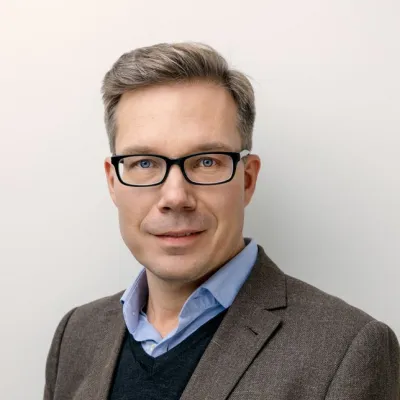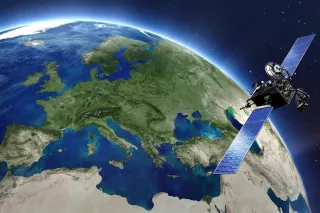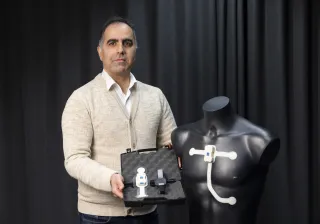A major research and innovation initiative of the European Commission, the Quantum Flagship Initiative, is launched to consolidate and expand European scientific leadership and excellence in quantum physics research. The aim is to transfer quantum physics research from the lab to the market by means of commercial applications and disruptive technologies. VTT takes part in three projects of the Quantum Flagship initiative.
The €1 billion Quantum Flagship initiative was launched officially on October 29th. The goal over the next ten years is to consolidate and expand European scientific leadership and excellence in this research area, to kick-start a competitive European industry in quantum technologies and to make Europe a dynamic and attractive region for innovative research, business and investments in this field. The commercial applications of the initiative can be utilized in the field of health, security, energy and environment.
The flagship operates in the form of research and innovation projects, which are selected through a thorough peer-review process. The first 3-year phase of the Quantum Flagship, named the ramp-up phase, consists of 20 projects. It will run through October 2018 – September 2021 with an overall budget of 132 million euros. VTT takes part in three Quantum Flagship projects: OpenSuperQ, macQsimal and QMiCS.
“The Quantum Technologies Flagship initiative provides a unique opportunity for Europe to bring quantum phenomena into the market and commercial applications together with academic and industrial players. VTT already has a long-standing background in developing quantum technologies and related enabling technologies. Presence in the Flagship projects brings us to the forefront of the new quantum technology development and it further strengthens the competitiveness of Finnish industry in the field. In the projects we are working in close collaboration with the Finnish companies Bluefors Cryogenics and MEGIN”, concludes Principal Scientist Juha Hassel from VTT.
Quantum computing is a methodology for solving computational problems faster than conventional classical computers by utilizing quantum physical phenomena.The aim of the OpenSuperQ project is to build a quantum computer with up to 100 qubits, which is something that cannot be simulated on current classical supercomputers. One system will be installed in a central quantum computing laboratory and it is accessible for the whole science community. In this project VTT specializes in the creation of sensitive superconductive amplifiers, which are required to read the fragile state of the qubits, and on 3D integration technology, which enables the operation of large scale qubit systems needed in practical quantum computers.
MacQsimal project will introduce new timing, medical sensing and positioning systems that have greatly improved performance thanks to the quantum mechanical phenomena and drive this quantum technology towards industrial applications. To achieve this, the project will combine state-of-the-art quantum sensor physics with minituarized atomic vapor cells, allowing for high-volume, high-reliability and low-cost deployment. VTT participates in three application areas: magnetometers, miniaturized atomic clocks and gyroscopes. VTT develops e.g. magnetic shielding, electronics design, and integration and packaging solutions.
The aim of the QMiCS project is to sets up a quantum microwave local area network connecting two superconducting quantum nodes. The use of this architecture enables key steps towards quantum communication, distributed quantum computing and quantum sensing with microwaves. VTT’s role in this project is to develop sensors, RF-devices and superconductive components for microwave sensing and communication.





